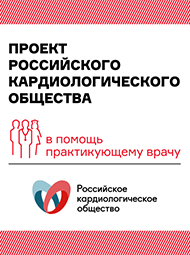Botulinum toxin during CABG reduced atrial tachyarrhythmia recurrence
Patients injected with botulinum toxin while undergoing CABG were significantly less likely to experience recurrent atrial fibrillation or atrial tachycardia than patients who received placebo, with no additional adverse effects, according to recent study results.
The double blind, parallel-group trial included 60 patients with a history of paroxysmal AF who were to undergo CABG. Patients were randomly assigned 50 U/1 mL botulinum toxin (Xeomin, Merz Pharmaceuticals) or placebo (n = 30 for both groups) injected into four major epicardial fat pads during the procedure. Sinus rhythm was assessed via an implantable loop recorder for 1 year after treatment.
Data from the recorder was collected at 7, 14, 21 and 30 days, and at 3, 6, 9 and 12 months. The primary endpoint was recurrence of AF or atrial tachycardia during follow-up, without treatment with antiarrhythmic medication.
Postoperative AF within 30 days of CABG occurred in 7% of the botulinum toxin group vs. 30% of those who received placebo (P = .024). At 1 year, recurrent AF had occurred in 27% of the placebo group vs. 0% of those who received the toxin (P = .002). Mean AF burden was higher among those who received placebo during follow-up (1.7 ± 3.1% vs. 0.3 ± 0.5%; P < .001).
No patients who received botulinum toxin developed persistent AF or required antiarrhythmic treatment. The two groups had a similar length of hospital stay (6 days for both;P = .12). One patient in each group developed infection, and one person in the placebo group and two in the botulinum toxin group developed bleeding that required transfusion or reoperation. No other adverse events were observed in either group.
The researchers wrote that the trial included a small number of patients, and that the findings must be validated in larger studies. However, “This first-in-man study has opened a whole new line of thinking and research,” researcher Jonathan S. Steinberg, MD, adjunct professor of medicine at University of Rochester and director of the Arrhythmia Institute, Valley Health System, Ridgewood, New Jersey, said in a press release. “In the near future, [botulinum toxin] injections may become the standard of care for heart bypass and valve patients, but we’re not quite there yet.” – by Adam Taliercio
Disclosure: The researchers report no relevant financial disclosures.
Source: www.healio.com






